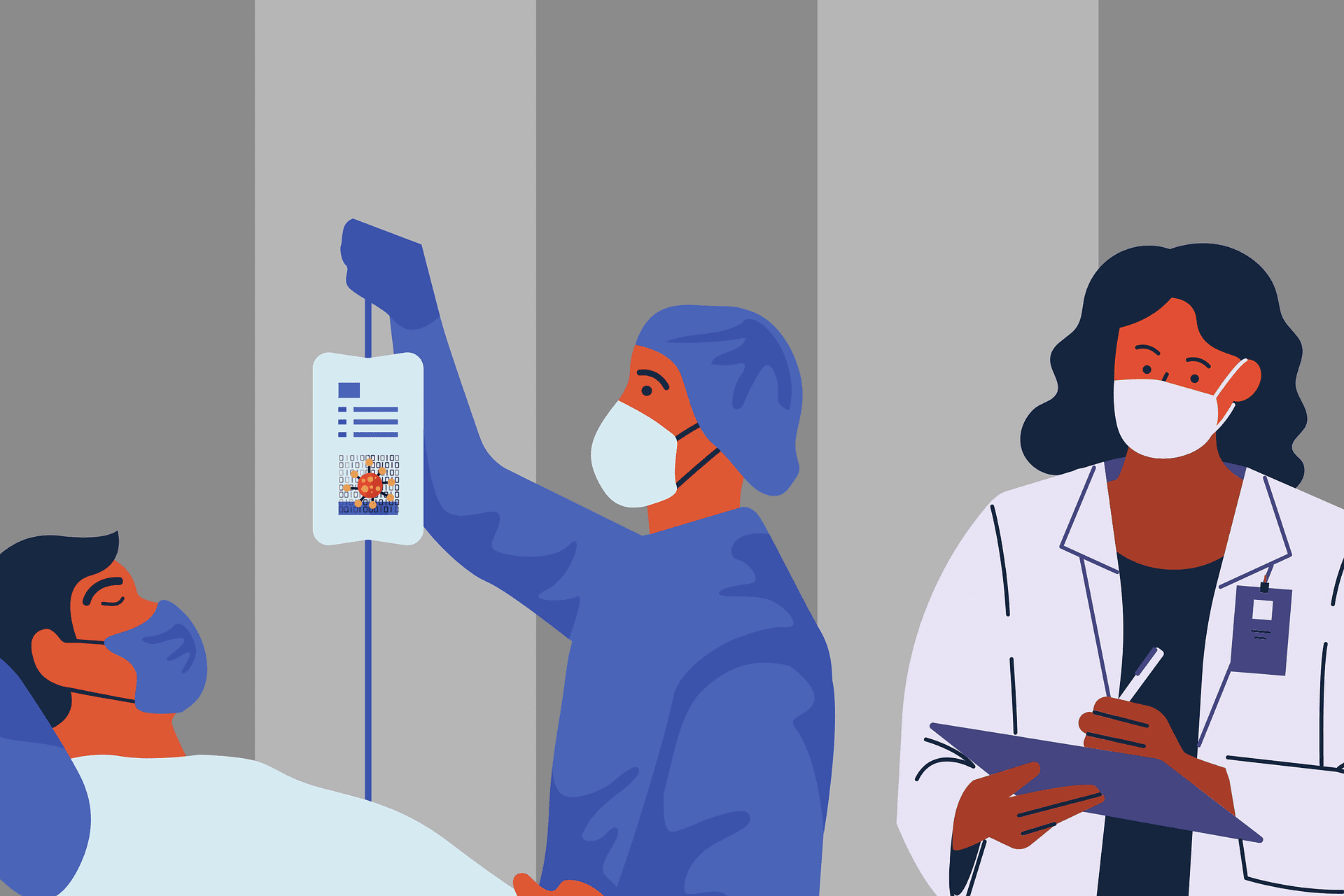Even though Therapeutic Drug Monitoring has grown into an unavoidable part of the health care system and the position has gained due respect and support from the patients and the medical professionals equally, it seems that the Indian government officials are turning a blind eye to these developments taking place globally. In India, there are no regulatory guidelines for having a qualified clinical pharmacist in Indian hospitals. Another point to ponder is that even if regulations are framed in due course, will there be enough pharmacists with the necessary experience to work in the hospital setup as the current trend is the mass migration of pharmacists to the pharmaceutical industries.
The main reason for this phenomenon is the lack of
recognition of the post of clinical pharmacist at the regulatory level. The
students after completion of their studies are either forced to take up a job
in an industry or move into academics, the last option being to seek jobs
abroad where the pharmacy profession is well received. Though the situation is gradually
changing as students recognize the scopes of the profession beyond the
traditional limits the prospect of serving such a huge, mostly uneducated, exploding
population is a daunting challenge. Many pharmacy schools have started to
understand the importance of pharmacy practice and are including it in the
four-year syllabus of the UG course.
Another positive sign is the introduction of the Pharm-D
course in a hand full of institutions in India. It is a six-year doctoral
course including a one-year rotating internship aimed at creating competent
clinical pharmacists for hospitals in India.
The current scenario can only be bought under control
by the timely intervention from the government authorities, as a nurturing
regulatory environment is a necessity for the development of health professions
like pharmacy and also with the collaborative efforts from the academic leaders
and the government authorities.
Therapeutic
Drug Monitoring has the bright potential to grow into an extreme pharmacy
wing in the health care system, particularly in a country like; India with such
a strong medical foundation and a dynamic and varied population waiting to
receive any additional patient services.
Consistency between the educational programs and the
practice environment is a very important factor to achieve high-quality and
superiorly trained clinical pharmacists. There should be a constructive
collaboration between the individual pharmacists, academic leaders, and
hospital administration to provide adequate information technology, equipment,
drug information resources, and sites for training and resources.
The only way that clinical pharmacy can grow
unhindered in India is by gaining the support and acceptance of the entire
medical profession and the community as a whole. This in turn rests in the
hands of present-day pharmacy students and pharmacy professionals.
